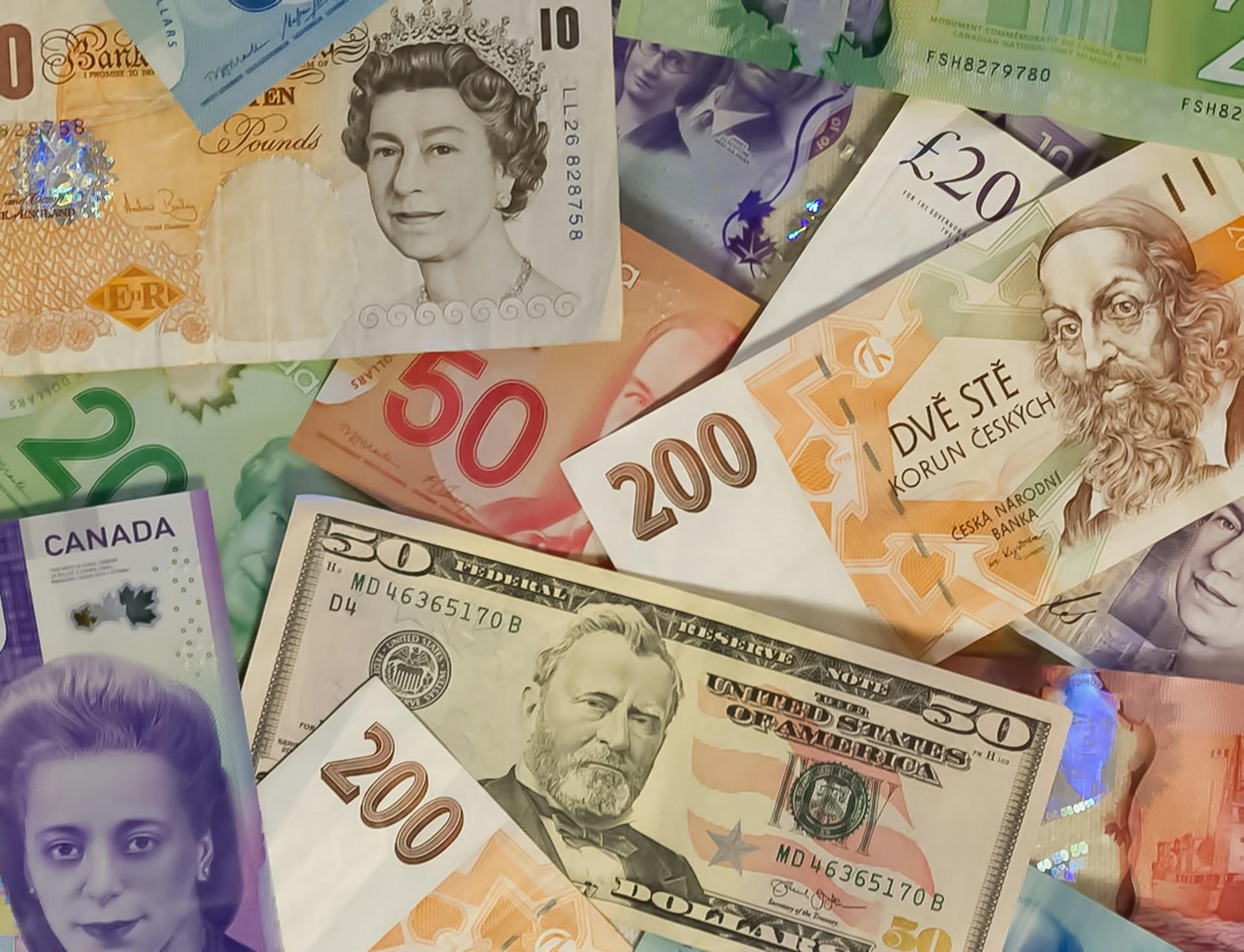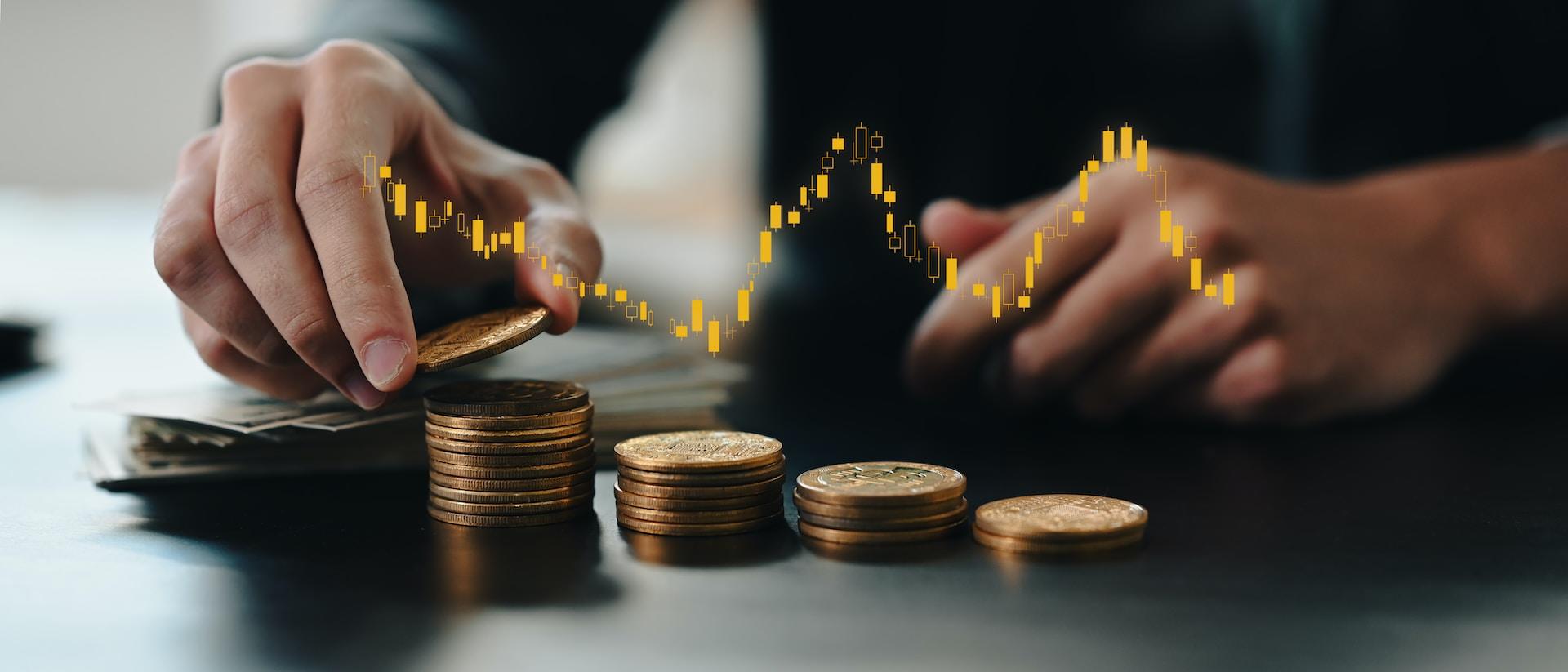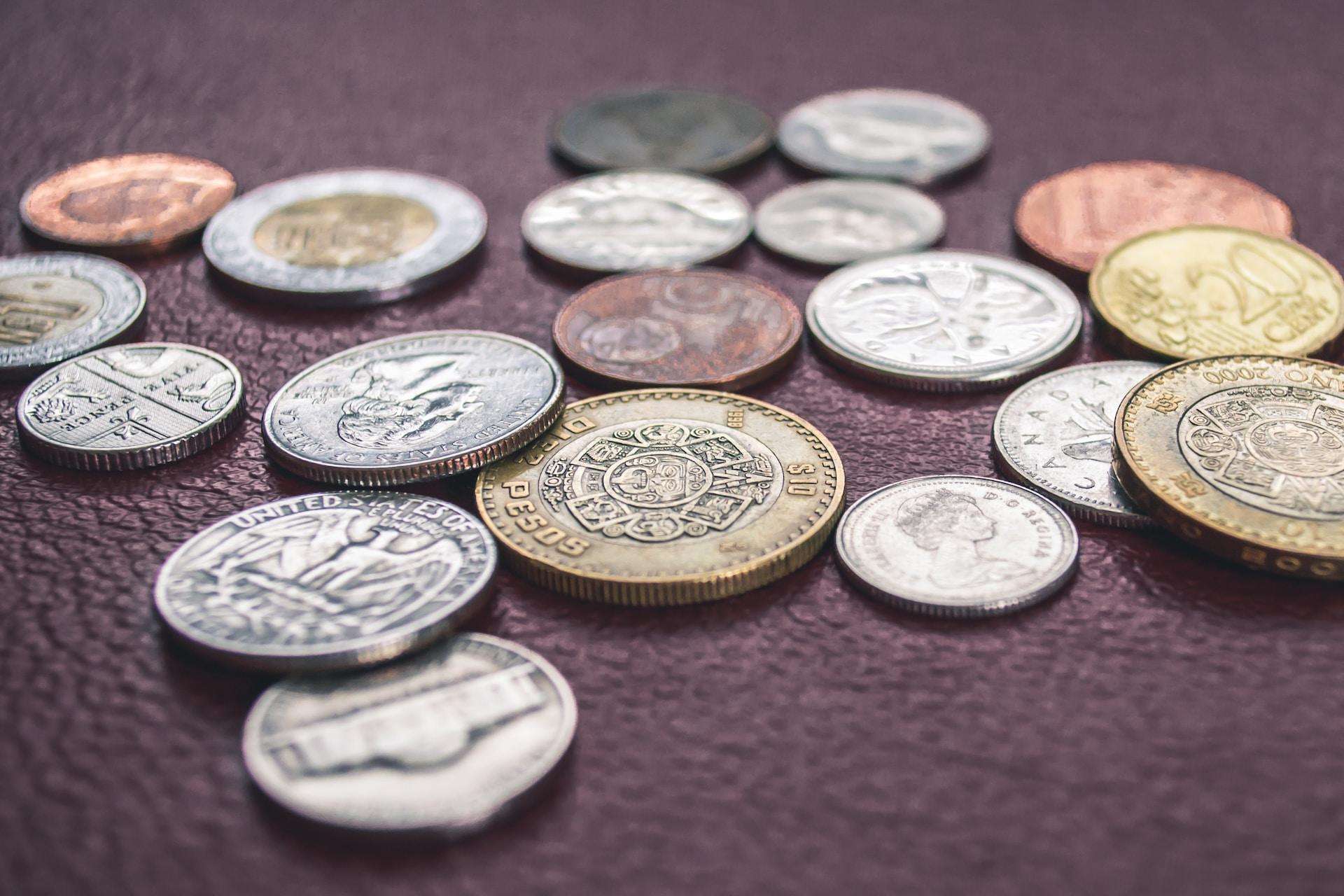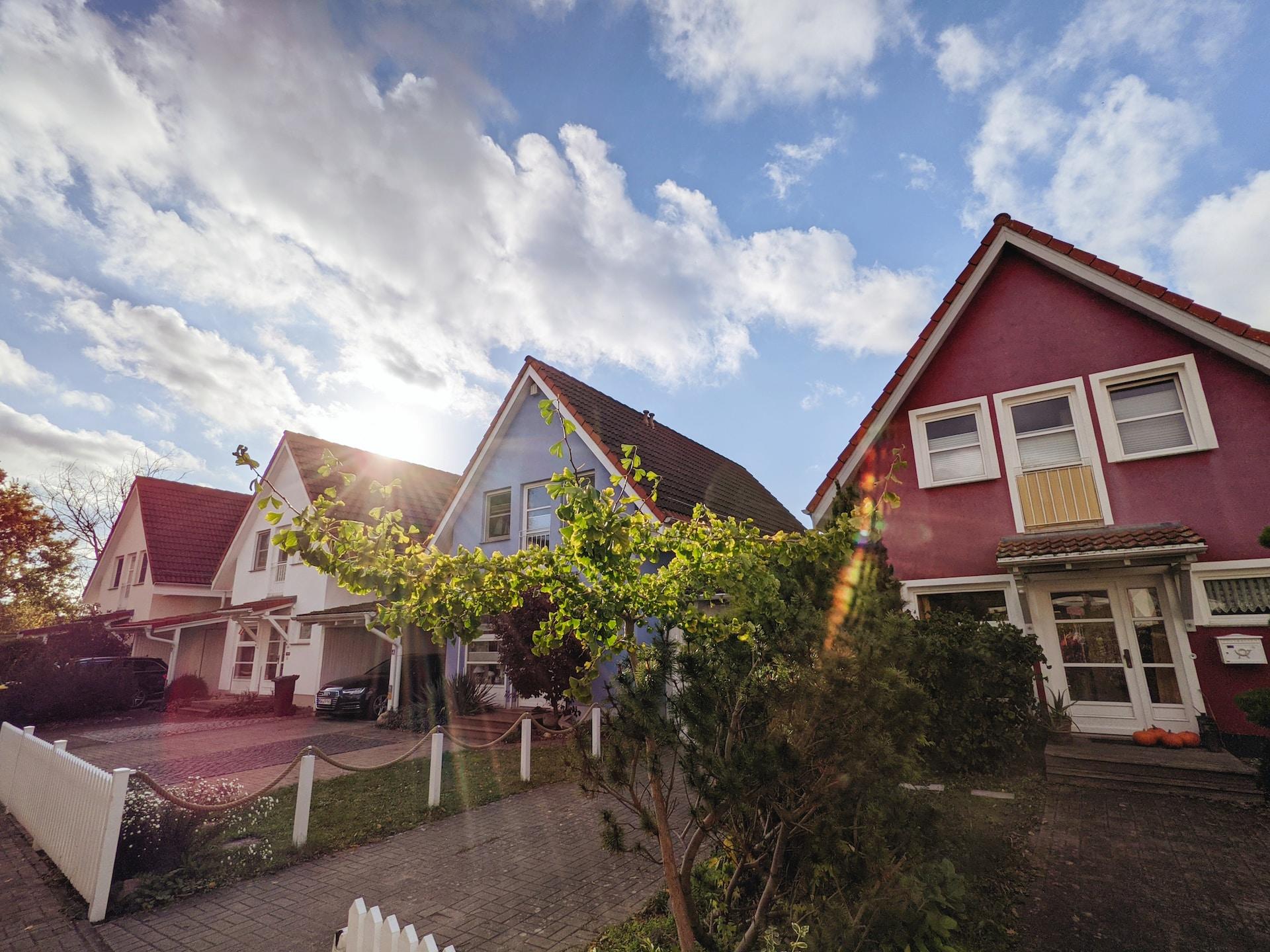In some circles, the upcoming BRICS summit is all anyone can talk about. Leaders from Brazil, Russia, India, China and South Africa should meet in the latter country in August 2023. This will be their 15th summit since the start of their alliance in 2006. The rest of the news media would rather not talk about BRICS at all.
Those countries' names are where the name 'BRICS' comes from. Two are in Asia, one in Europe - at least half of it is, one is on the African continent and one, in South America. With representation on four continents, BRICS is well-positioned to address economic and infrastructure issues around the world. All BRICS nations are developing economically, so they understand the process of building a country from scratch.
But for more than 70 years, the global economy has relied on two financial entities to steer money matters. The World Bank and the International Monetary Fund (IMF) have helped regulate currencies and decide currency exchange rates. They've lent funds to rebuild devastated nations and decided which infrastructure projects to prioritise. And now, there's BRICS so people want to know:
- aren't the IMF and World Bank enough?
- does the BRICS bank mean to challenge the World Bank?
- does BRICS want to collaborate with global governance institutions?
- what kind of influence does BRICS have around the world?
Of the five BRICS nations, one is at war and one is demonised for everything from human rights to technology. Two are more or less ignored and one's head of state recently completed a much-publicised visit to the US. We need to talk about how the BRICS nations came together, what they have in common and what they plan to accomplish. We'll do that against the backdrop of current world affairs and institutions.

Do the World Bank and IMF Balance Power and Representation?
At the end of the Second World War, the world - specifically Europe was a mess. Entire cities levelled and economies were in tatters. Where would the money come from to rebuild and start society anew? In July 1944, delegates from 44 nations convened in the US state of New Hampshire. In what we now know as the Bretton Woods Conference, global leaders built a framework upon which the world economy would hang.
That conference laid the groundwork for the International Bank for Reconstruction and Development (IBRD) and the International Development Association (IDA). These two eventually folded into the World Bank, along with three entities dealing with investments. The IMF also saw its beginning at the Bretton Woods Conference. Bretton Woods delegates further voted to pin the world's currencies to the US dollar's value, which was backed by gold at the time.
In those post-war years, the US was the most logical country to host those institutions because the war had not come to its shores. And it was most logical to pin world currency values to the US dollar because its economy was booming. Also, the world's most valuable commodity backed it.
The World Bank and IMF intended to loan money to poor nations that might not otherwise secure funding for vital projects. These institutions may attach conditions to lending. Such might be governmental policy reforms the borrowing nation must implement before they receive any funds. They may also advise low-income countries on their policies to increase their economic stability.
Many countries across the global south have grown disenchanted with this arrangement. And after centuries of foreign power colonisation, wariness is a part of their national fabric. They would rather not follow the Western economic model, especially if it means they must accommodate foreign investors. For this and many other reasons, it's a stretch to say that the World Bank and IMF offer balanced representation.
Is BRICS Development Bank A Challenger to the World Bank?
The World Bank and IMF had been around for 70 years when the BRICS alliance founded their Development Bank in 2014. By the time that group met for that year's summit - their sixth, they already had their bank's founding documents ready to sign. Each country contributed an initial US$10 billion, housed in the bank branches in their respective nations. And then, they scouted around for worthy projects.
But China had been in that game a full year ahead of the alliance. Their Belt and Road Initiative (BRI) kicked off in 2013, and the Chinese government wasted no time building infrastructure in African countries. The BRI doesn't focus only on land projects; its portfolio includes Digital Silk Roads, Maritime Silk Roads and a Road along the artic North Sea Route. Adding the BRICS Development Bank's clout to China's economic machine will see more projects completed faster.
But neither China nor the BRICS bank ever had a 'hold my beer' moment. They didn't decide to get into lending and innovation because they wanted to outdo long-established institutions. They spotted a need - a gap in existing planning and funding that they could fill. The very lack of publicity about all the projects underway and initiatives completed testifies that, for BRICS, this is not a zero-sum game.
For BRICS and China, it's about getting things done. The sooner every nation has access to wealth-building infrastructure, the sooner everyone can enjoy wealth and security. Their modus operandi gives their 'game' away. Rather than telling nations what they must do to merit aid, they ask what the country needs and then, they provide it.
But countries receiving help must agree to a few conditions. Maybe a limited-time land lease, but certainly not the country's mineral rights and other assets. Or perhaps an education mandate so the citizens will learn how to maintain the infrastructure once it's in place. If the World Bank and IMF see these BRICS initiatives as a challenge, they're welcome to rise to it.
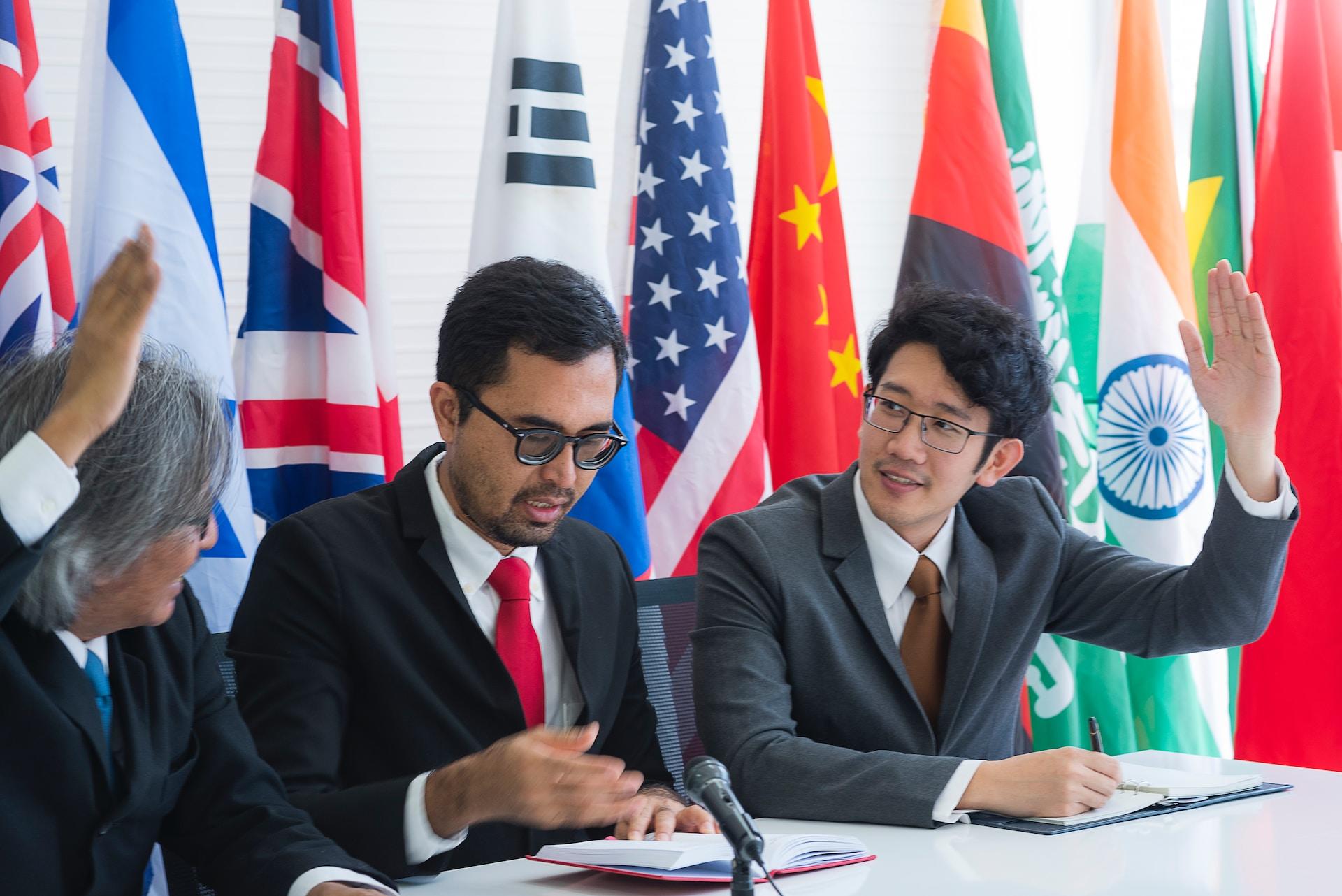
BRICS' Influence on Global Governance Institutions
All of the global development China's engaged in has caused a stir. Western news outlets speculate on what nefarious purpose these developments might have. The countries benefiting from the new infrastructure sing its praises. Global governance institutions are somewhere in the middle.
All of the BRICS nations are also members of the Group of 20 (G20). The G20 is an international forum that deals with climate change, sustainable development and global financial stability. As China currently leads the world in sustainable development, that country's leadership is well-placed. The only question is, will other nations' leaders follow the lead?
The BRICS alliance offers many alternatives to current systems of global governance. For instance, decentralising global financial bodies. Recall that the Bretton Woods Conference decided that the World Bank and IMF headquarters would be in the US. And also, that the US dollar would be the currency for global trade.
These points were decided at a time of analogue technology and unequal resources. But today, blockchain technology raises the possibility of decentralising global financial initiatives. And digital currency raises the prospect of a global trading currency whose value is pegged to the global Gross Domestic Product (GDP). As it is, the current system gives one nation unfair advantage over the rest of the world.
It's long past time for global governance institutions to move past Cold War constructs. We need revolutionary ideas to underpin our moves forward; we should explore the possibilities our new technologies offer. BRICS, with its decentralised Development Bank and assays into blockchain utility, show us a way forward.
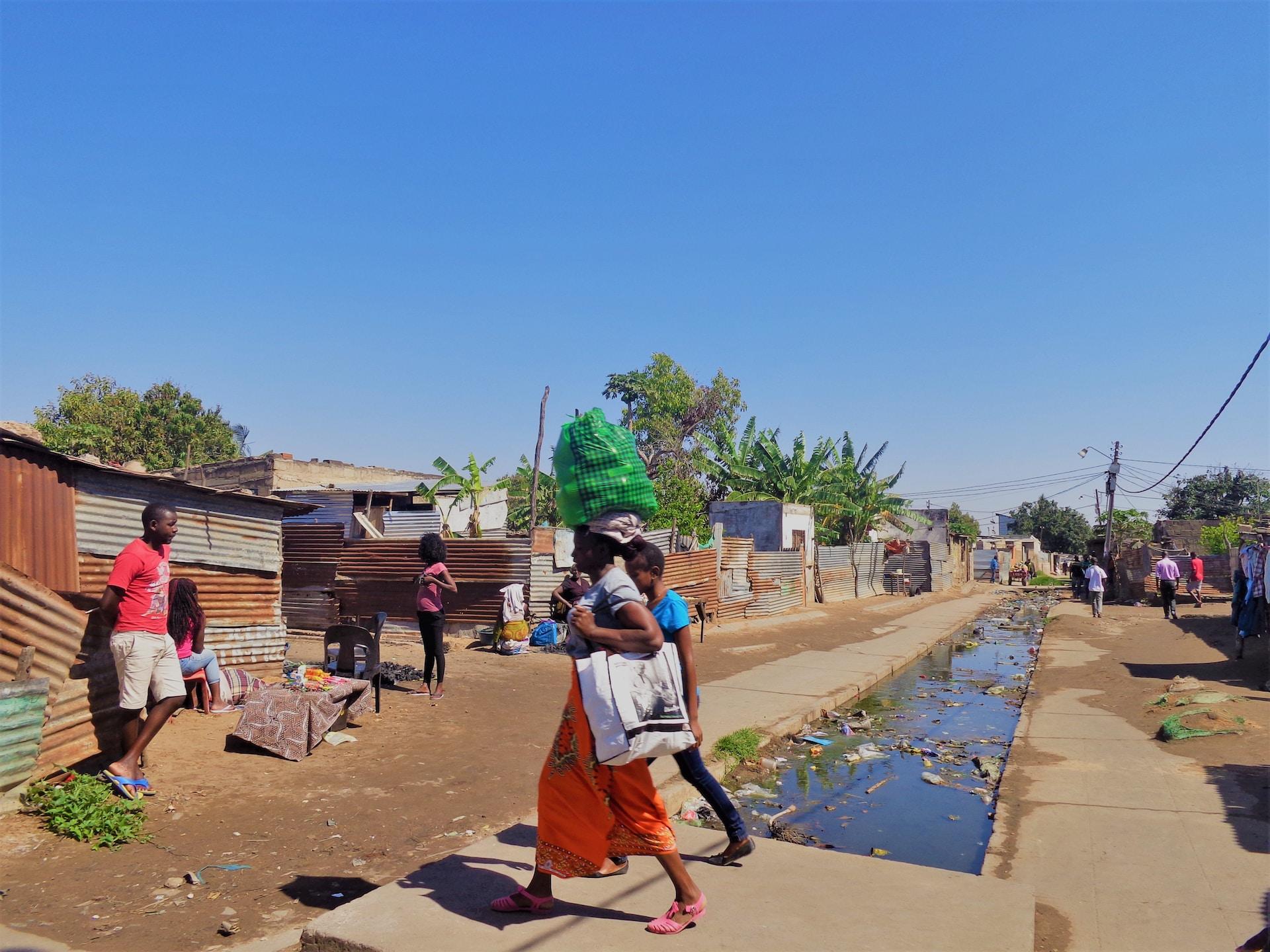
Is BRICS Engagement Collaboration or Competition?
Must everything be either collaboration or competition? On their face, the implications are demeaning. Asking if an alliance of developing countries intends to challenge the existing order suggests that doing so is taboo. Conversely, suggesting any new alliance should collaborate with the existing order implies that current power structures must not be challenged.
For nearly a century, one part of the world has influenced how the rest should manage their affairs. Sometimes, to the benefit of all but often, to perceived adversaries' detriment. If other nations don't ascribe to those edicts - political or economic, they endure batteries of 'othering'. Apparently, every country must choose a side - "Either you're with us or against us", as US President Bush once proclaimed.
The BRICS alliance takes a different tack. They are and they do, no more and no less. They don't view themselves as shapers of any 'new world order' and they don't tell other countries how to run their businesses.
It appears more nations find the BRICS model appealing. Economically powerful entities like the United Arab Emirates and Egypt have already joined the BRICS Development Bank. Other 'rich' countries, Iran and Saudi Arabia among them have applied for membership, too. And France recently delivered the greatest shock of all: that country too is interested in BRICS membership.
After so long with no voice in world affairs, five nations still considered 'developing' have a chance to make a positive impact on the world. After so long being overlooked for economic aid, countries (mostly) in the global south welcome BRICS-funded infrastructure and development. These relationships should not be defined in terms of collaborating or competing with the established order.
Summarise with AI:

















